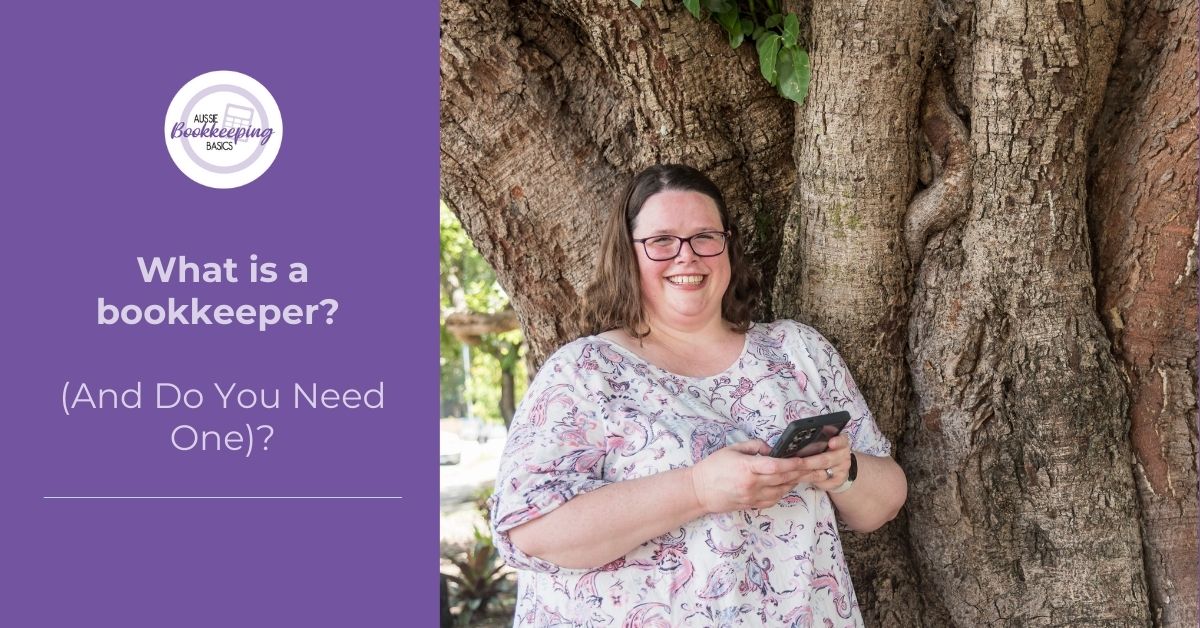(And Do You Need One?)
If you’re running a small business, chances are you’ve heard the term bookkeeper thrown around — but what exactly do they do? And how are they different from an accountant?
Let’s break it down in simple terms.
So... What Is a Bookkeeper?
A bookkeeper is the person who helps keep your business’s financial records organised, accurate, and up to date. Think of them as the financial organiser of your business life — the Marie Kondo of your money, if you will.
Bookkeepers track things like:
- Income and expenses
- Invoices and bills
- Payroll
- Bank transactions
- GST and BAS preparation (hello, Aussie small biz owners!)
They use accounting software (like Xero, MYOB, or QuickBooks) to record all of your financial data so that everything’s tidy, traceable, and ready come tax time.
Bookkeeper vs. Accountant — What’s the Difference?
While accountants usually step in for things like tax returns, strategic planning, and financial advice, bookkeepers are the ones doing the groundwork to keep your records neat throughout the year.
Here’s a quick analogy:
- Your bookkeeper is like the person who cooks and preps the kitchen every day.
- Your accountant is the one who comes in, tastes the dish, and helps decide what’s next on the menu.
You need both — but it starts with the bookkeeper.
Do I Really Need a Bookkeeper?
If you’re doing your own books, that’s totally okay (and impressive!) — but it can also be stressful, confusing, and time-consuming.
A good bookkeeper:
- Saves you hours of admin each month
- Reduces stress around tax time
- Helps you stay compliant with ATO requirements
- Gives you a clearer picture of your finances
You don’t have to hand everything over — but even having someone guide you or check your work can make a huge difference.
TL;DR?
A bookkeeper helps your business stay financially organised, stress-free, and in control. Whether you DIY or hire one, bookkeeping is a business essential — and your future self will thank you.




